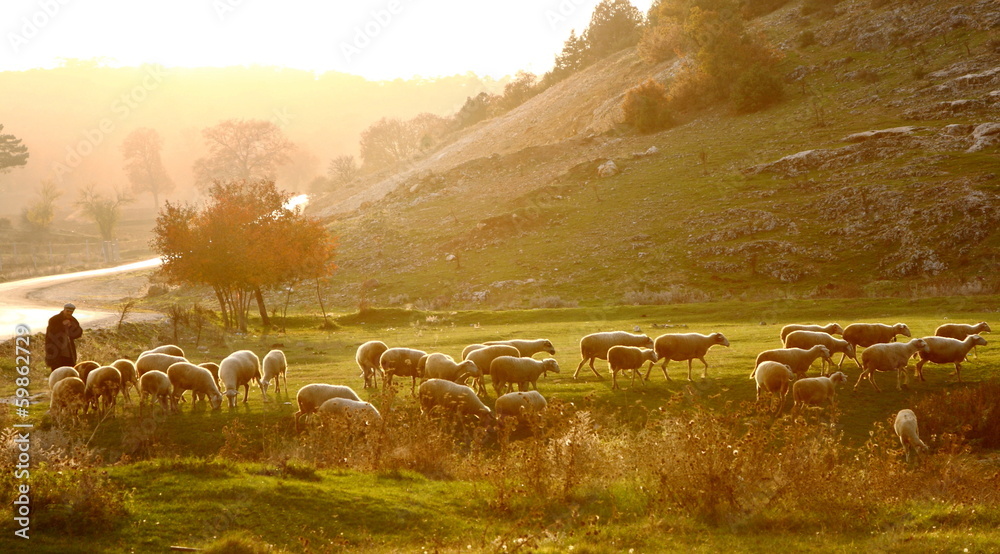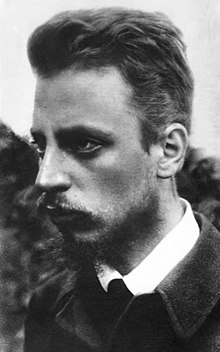How do we measure faith? In the first chapter of his account of Jesus' life and doings, the gospel writer Luke tells the story of Zacharias and Mary. Mary is the mother of Jesus, Zacharias a priest who attends the temple in Jerusalem. As Luke relates, both are visited by the angel Gabriel, who delivers to each of them a startling prophecy, an almost overwhelming prediction about what will soon come to pass.
You will have a son, Gabriel tells Zacharias. Even though your wife Elizabeth is barren, she will, in the coming year, become pregnant and give birth to a son, whom you are to name John. And, Gabriel continues, God will make your son a great prophet, one who will announce to Israel that Messiah's coming is imminent.

As any of us would be, Zacharias is puzzled and fearful at what he hears. So as the text tells it, he replies, "How will I know this for certain?" He's old, his wife is barren: can I really believe this?
Annoyed, Gabriel reminds Zacharias that he, Gabriel, is an emissary of God, and adds that therefore how can you, Zacharias, not be willing to believe what you hear? He strikes Zacharias mute until John is born.
Several months later, Gabriel visits Mary. You, Mary, will be the mother of Messiah. Though you are a betrothed virgin, you will become pregnant, not by your husband to be, but by the spirit of God. Your son will be named Jesus.
In contrast to Zacharias, Mary simply responds that, "How will this be?" That is, she doesn't ask whether she can know this for certain, but rather, yes, I believe: tell me how this will happen.
As we venture into the final phases of the Advent season, we can all learn from Zacharias and Mary. When confronted with a call to believe, do we ask how can we know for certain? Or do we simply wonder: how will this truth happen?
How we respond makes all the difference.
 Although Christmas has dominated the holiday news lately, we cannot overlook that the day after Christmas, yesterday, marks the first day of Kwanza. Based on a Swahili term meaning "first fruits," Kwanza, its principles grounded in African culture, celebrates harvest, bounty, and human diversity.
Although Christmas has dominated the holiday news lately, we cannot overlook that the day after Christmas, yesterday, marks the first day of Kwanza. Based on a Swahili term meaning "first fruits," Kwanza, its principles grounded in African culture, celebrates harvest, bounty, and human diversity.






